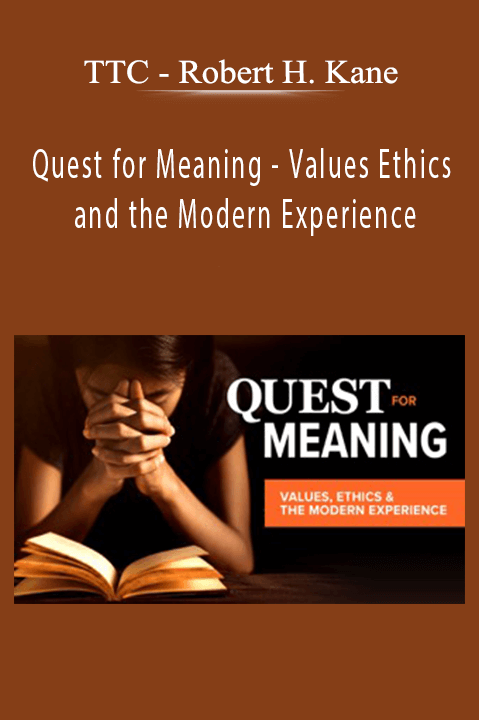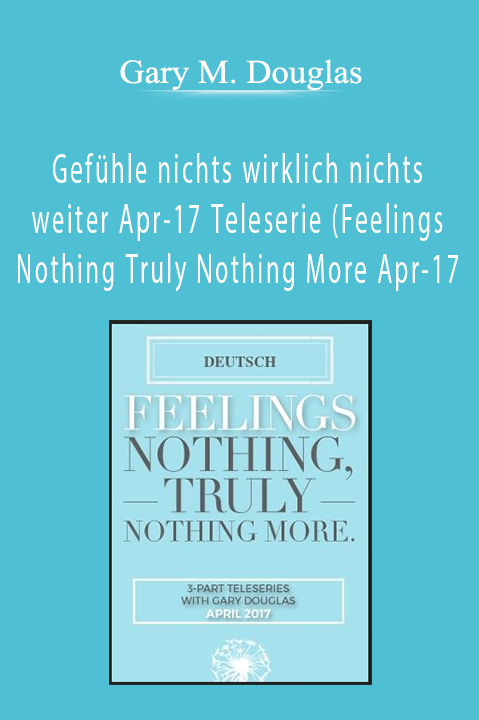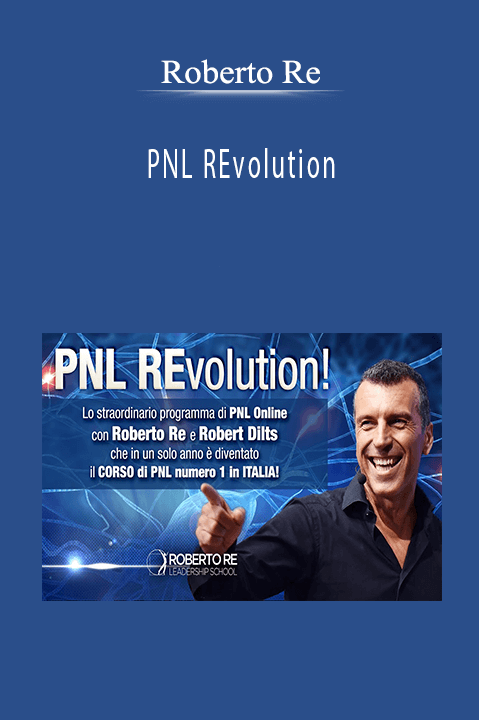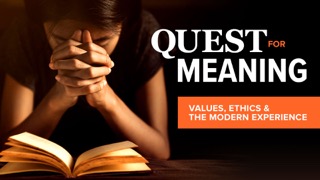TTC – Robert H. Kane – Quest for Meaning – Values Ethics and the Modern Experience
What are true human values? What is worthy of our highest honor and love? What purposes should order our existence? Is there any objective way to tell right from wrong? If life indeed has a meaning, can it be known and stated? What form would that knowledge and statement take?
These are fundamental questions. And most of us have surely asked them of ourselves in one way or another.
Such introspection has been going on for millennia, as Professor Robert H. Kane explains. And the devoted search for answers to these questions—for wisdom about the human condition—has shaped cultures around the globe.
Yet today, the very possibility of such wisdom is being challenged.
A Challenge from Postmodern Thinkers
“Postmodern” thinkers assert that we can no longer seriously pursue questions of purpose and objective meaning.
Others may not go quite as far, but few would deny that a sense of profound uncertainty about basic human values haunts the modern age:
- Our world appears to be a place of waning moral innocence.
- Discord and confusion over both beliefs and behavior seem to be on the rise.
- Fewer and fewer convictions are held in common.
- Our public discourse suffers increasing fragmentation as subjectivism and relativism gain ground.
How and why have we come to this?
Is the postmodernist challenge correct? Do questions about objective values mark the limits of a dream that is now all dreamed out? Are we hopelessly trapped within our own partial and relative perspectives, doomed never to discover what is authentically true and good?
Or is it still possible to aspire toward objective standards of meaning in a way that takes into account the realities of pluralism?
And even if the need for a common ground is granted, must we not ask whose morality will be represented? Is there an ethics that we can all agree on without stifling pluralism and freedom? What would such an ethics look like?
What Should Guide Your Own Thinking?
Most important, how should you, as a thoughtful person, find your way among the moral puzzles of the modern world and its cacophony of voices and opinions? What criteria should guide your thinking about ethics and your stands on issues of the day?
These are some of the questions you’ll tackle as you join Professor Kane in this thought-provoking examination of the problems surrounding ethics in the modern world.
The contemporary issues you’ll consider include:
- conflicts between public and private morality
- the degree to which the law should enforce morality
- the teaching of values in the schools
- the role of religion in public life
- the limits of liberty and privacy
- individualism versus community
- the loss of shared values and the resulting discontent about politics and public discourse.
Professor Kane’s approach is as searching and comprehensive as any you could ask for.
His lectures range over a rich array of literary, religious, and philosophical sources representing thousands of years of civilization.
Discover the Riches of the Axial Period
You begin with the Axial Period (c. 800-300 B.C.) which the philosopher Karl Jaspers identified as the seedtime of many of the world’s great religious and wisdom traditions.
Its many bequests to us include:
- the Hindu Upanishads
- the teachings of Buddha, Zoroaster, and the biblical prophets
- the thought of Confucius and Mencius
- the founding of philosophic rationalism in the Athens of Socrates, Plato, and Aristotle.
Professor Kane explains that modern thought has completely separated fact from value, and examines the consequences of this divorce. Modern science has especially contributed to this dissolution because it seeks explanations in causes, not intentions.
This threatened the older wisdom traditions and left modern thinkers with the challenge of finding a ground for ethics that could not be reduced to individual preference or social convention.
These thinkers included such influential modern philosophers as Descartes, Hobbes, Locke, Rousseau, Hume, Kant, and John Stuart Mill, as well as more recent figures like John Rawls.
They rose to the challenge in a variety of complex and sophisticated ways, seeking a basis for ethics in common human feeling, reason, utility, or the notion of a social contract.
An Indispensable Companion to Contemporary Ethical Debate
These ideas all remain influential today, and are the subject of current debates that Professor Kane explores with great subtlety and insight.
For that reason alone, this course is indispensable to anyone who is serious about understanding the shape and origins of our current ethical situation.
Reflecting on Plato’s prescient criticisms of democracy in the Republic, Professor Kane also asks how our society will fare amid this growing moral debate.
Viewed against the larger backdrop of human history and current world events, freedom and democracy appear as exceptional achievements, forged in an era of much greater moral consensus than we know today.
Can democracy’s continued health be taken for granted if procedures alone hold it together while citizens increasingly disagree about basic questions of what is right and wrong, permissible and impermissible?
Rediscovering the Quest for Meaning
Most intriguingly, Professor Kane spurs you to ponder the possibility of recovering the ancient quest for wisdom and virtue in a way that respects the insights of modern thought and the achievements of modern pluralism.
This discussion is structured around a fascinating contemporary parable about a gathering of representatives from many different cultures and belief systems at a remote monastery high in the Himalayas.
- Could these delegates agree on any common approaches to the search for meaning without compromising their distinct beliefs and truth claims?
- What might their dialogue be like?
- Could it bear fruit?
- If so, what might those fruits be?
Does the vision sketched in this parable suggest a viable way of proceeding? Can thoroughgoing pluralism coexist with deeply held convictions about the best way of life? Do our current contentions over ethics mean that we are living through a transition to some new Axial Period?
Whatever your thinking on such questions, you can rest assured that it will be immeasurably enriched by the harvest of reflection you glean from Professor Kane’s compelling lectures.
Get Download TTC – Robert H. Kane – Quest for Meaning – Values Ethics and the Modern Experience at Offimc.click Now!
Delivery Information
- Upon ordering the product, a delivery email with download instructions will be sent immediately to you so that you may download your files. If you log in (or create an account) prior to purchase you will also be able to access your downloads from your account dashboard.
- It is a digital download, so please download the order items and save them to your hard drive. In case the link is broken for any reason, please contact us and we will resend the new download link to you.
- If you don't receive the download link, please don’t worry about that. We will update and notify you as soon as possible from 8:00 AM – 8:00 PM (UTC+8).
- Please Contact Us if there are any further questions or concerns you may have. We are always happy to assist!








9 reviews for Robert H. Kane – Quest for Meaning – Values Ethics and the Modern Experience – TTC
There are no reviews yet.